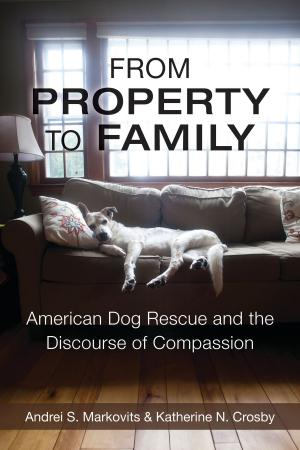Campaigns and Voters in Developing Democracies
Argentina in Comparative Perspective
Nonfiction, Social & Cultural Studies, Political Science, International, Foreign Legal Systems| Author: | ISBN: | 9780472125012 | |
| Publisher: | University of Michigan Press | Publication: | February 26, 2019 |
| Imprint: | University of Michigan Press | Language: | English |
| Author: | |
| ISBN: | 9780472125012 |
| Publisher: | University of Michigan Press |
| Publication: | February 26, 2019 |
| Imprint: | University of Michigan Press |
| Language: | English |
Voting behavior is informed by the experience of advanced democracies, yet the electoral context in developing democracies is significantly different. Civil society is often weak, poverty and inequality high, political parties ephemeral and attachments to them weak, corruption rampant, and clientelism widespread. Voting decisions in developing democracies follow similar logics to those in advanced democracies in that voters base their choices on group affiliation, issue positions, valence considerations, and campaign persuasion. Yet developing democracies differ in the weight citizens assign to these considerations. Where few social identity groups are politically salient and partisan attachments are sparse, voters may place more weight on issue voting. Where issues are largely absent from political discourse, valence considerations and campaign effects play a larger role. Campaigns and Voters in Developing Democracies develops a theoretical framework to specify why voter behavior differs across contexts.
Voting behavior is informed by the experience of advanced democracies, yet the electoral context in developing democracies is significantly different. Civil society is often weak, poverty and inequality high, political parties ephemeral and attachments to them weak, corruption rampant, and clientelism widespread. Voting decisions in developing democracies follow similar logics to those in advanced democracies in that voters base their choices on group affiliation, issue positions, valence considerations, and campaign persuasion. Yet developing democracies differ in the weight citizens assign to these considerations. Where few social identity groups are politically salient and partisan attachments are sparse, voters may place more weight on issue voting. Where issues are largely absent from political discourse, valence considerations and campaign effects play a larger role. Campaigns and Voters in Developing Democracies develops a theoretical framework to specify why voter behavior differs across contexts.















